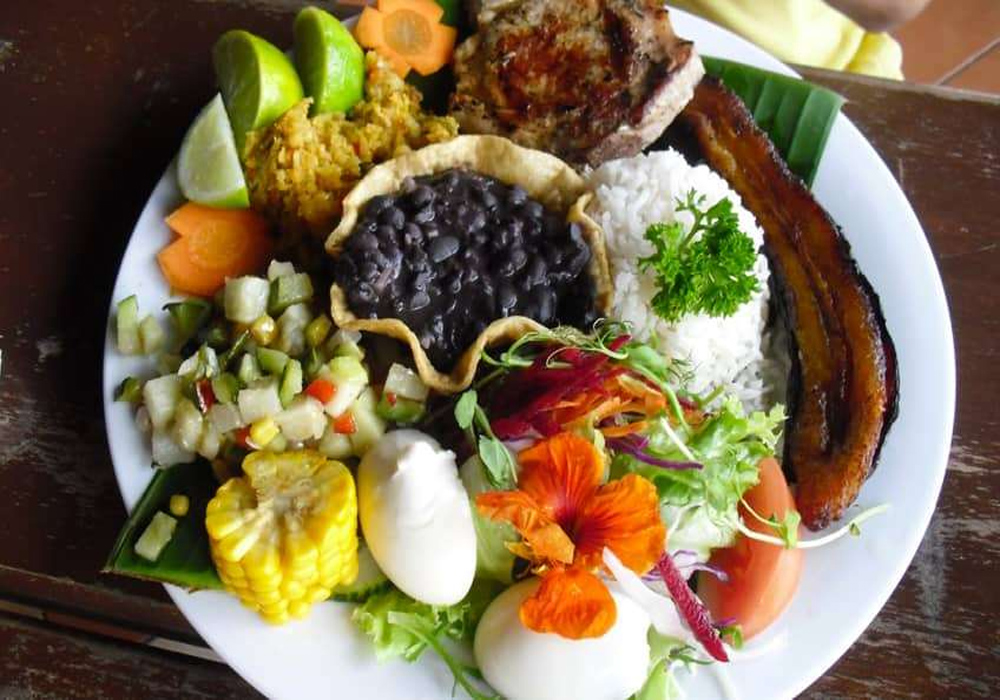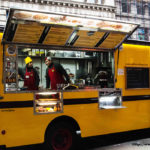Pet Food For Your Pet’s Health
It is important to feed your pet the right pet food for a long and healthy life. Searching online and talking to veterinarians, will help you decide what is best for them. Ask questions and get answers for your pet, because they rely on you to feed them properly.
Most pets are more than just animals in our home. They are like members of our family. So, we need to treat them like we treat other family members. Pet food is not always available for purchase at the store. First prepared commercially was dog biscuits around 1860. Since then it has grown. It’s very difficult to know what nutrients are right for your animal, as they all claim.
Most of the meat used in dog or cat food, is a by-product that is not considered a human class. There are some big supporters of raw food for domestic dogs and … READ MORE ...












